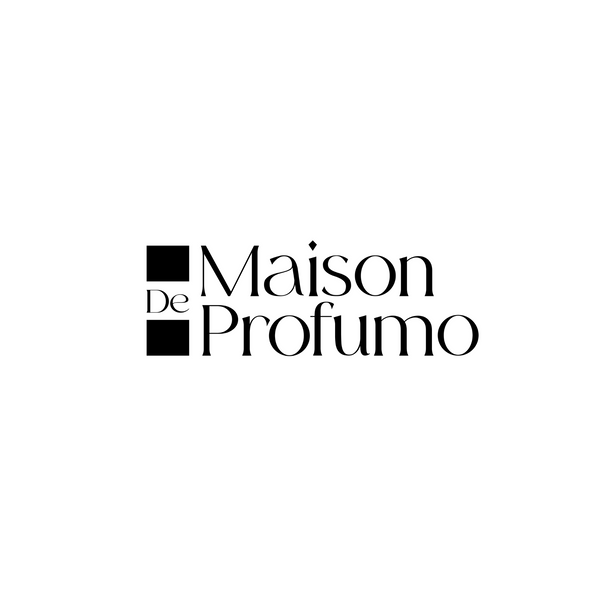Master perfumers, also known as "noses", possess the unique ability to create fragrances that captivate the senses, evoke emotions, and leave lasting impressions. This comprehensive exploration delves into the world of these scent artists, revealing the intricacies of their craft, the path to becoming a master perfumer, and the impact they have on the fragrance industry.
What Defines a Master Perfumer?

A master perfumer is not just a profession but a designation earned through extensive experience, an exceptional sense of smell, and a deep understanding of the chemistry of scents.
Key Qualifications and Skills
- Olfactory Expertise: Exceptional ability to distinguish between thousands of aromatic compounds.
- Creative Vision: Combining artistry with innovation to craft unique fragrance compositions.
- Chemical Knowledge: A strong grasp of the chemistry behind fragrances to ensure stability and safety.
- Years of Training: Typically, a master perfumer undergoes seven to ten years of training under seasoned perfumers.
Roles and Responsibilities
- Fragrance Creation: Developing original scents that align with client needs and market trends.
- Collaboration: Working with fragrance chemists, designers, and marketers to ensure the final product matches the intended vision.
- Mentorship: Guiding junior perfumers and overseeing the development of new fragrances.
Training and Education Pathway
The journey to becoming a master perfumer is rigorous, combining formal education with hands-on experience.
Educational Background
- Degrees: Degrees in chemistry, biology, or a related field are common.
- Specialized Schools: Institutions like the ISIPCA in France offer specialized courses in perfume, cosmetics, and flavoring.
Professional Development
- Apprenticeships: Aspiring perfumers often start as apprentices in fragrance houses.
- Continuous Learning: Ongoing education in new technologies and extraction techniques is essential.
The Creative Process of a Master Perfumer

Creating a fragrance is an elaborate process that blends both creativity and scientific expertise.
Step-by-Step Breakdown
- Briefing: Receiving and interpreting the client's requirements and vision.
- Conceptualization: Brainstorming scent ideas that align with the brief.
- Selection of Ingredients: Choosing the right combination of essential oils and aroma compounds.
- Experimentation: Mixing different scents to create trial samples.
- Modification: Refining the formula based on feedback until the perfect scent is achieved.
- Scalability: Ensuring the fragrance can be reproduced on a large scale without losing its essence.
Tools and Techniques
- Gas Chromatography: Used for analyzing the precise composition of fragrances.
- Olfactometers: Instruments that help in scent evaluation and development.
- Scent Libraries: Extensive collections of raw materials and compounds used as references.
Impact on the Fragrance Industry
Master perfumers play a crucial role in the fragrance industry, driving trends and innovation.
Influence on Market Trends
- Signature Scents: Creation of iconic fragrances that define brands.
- Custom Fragrances: Catering to the growing demand for personalized scents.
Innovations and Achievements
- Sustainable Sourcing: Pioneering the use of ethically sourced and environmentally friendly materials.
- Synthetic Aromas: Developing new synthetic compounds that expand the palette of scents.
Challenges and Opportunities
The field of fragrance creation is both challenging and rewarding, with evolving opportunities for those at its helm.
Challenges
- Complexity of Scent Perception: Cultural differences and personal preferences make universal appeal difficult to achieve.
- Regulatory Changes: Staying compliant with global regulations regarding volatile organic compounds.
Opportunities
- Niche Markets: The rise in demand for artisanal and niche perfumes offers new avenues for creative expression.
- Technological Advances: Utilization of AI and machine learning in predicting scent success.
Conclusion
Master perfumers are at the heart of the fragrance industry, blending ancient crafts with modern science to create scents that enchant and inspire. Their journey is one of relentless passion, precise science, and creative brilliance, making them pivotal figures in the cultural and commercial landscapes of perfumery.
